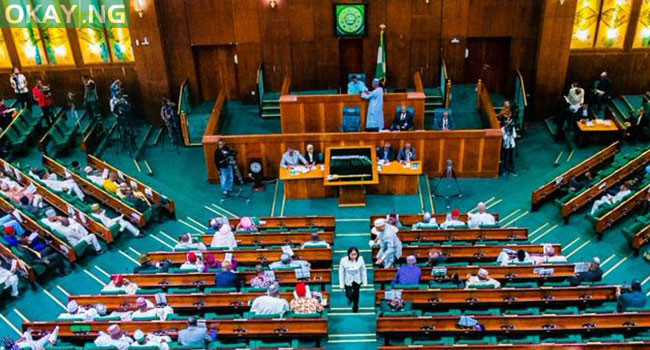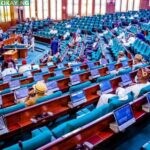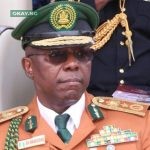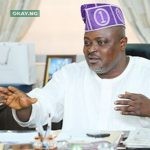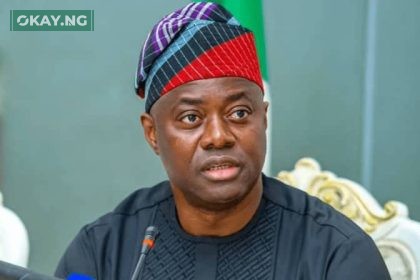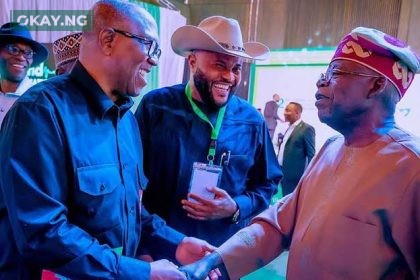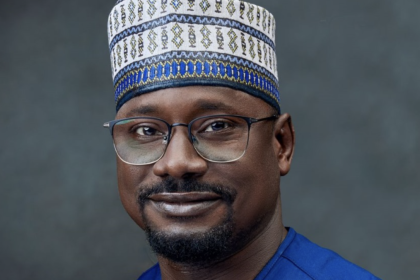In a move that has ignited debate about the future of local government elections in Nigeria, the House of Representatives has passed for second reading a bill proposing the establishment of the National Local Government Electoral Commission. This independent body, if approved, would assume the responsibility of organizing and supervising elections for local government chairmen, vice chairmen, and councilors nationwide.
The proposed legislation, sponsored by Deputy Speaker Benjamin Kalu and eight other lawmakers, aims to “ensure the credibility, transparency, and fairness of local government elections and promote democratic governance at the grassroots level.” The bill outlines a commission structure comprising a chairman and 37 members, each representing a state and the Federal Capital Territory, with presidential appointments subject to Senate confirmation.
“The Commission shall be responsible for… organising, conducting, and supervising elections into the offices of Chairmen and Councilors of all Local Governments in the Federation,” as stated in the bill’s draft.
The timing of this proposition arrives after Mahmoud Yakubu, the Chairman of the Independent National Electoral Commission (INEC), asserted the electoral body’s capacity to conduct these elections. This assertion, however, seems to have been met with skepticism from the bill’s sponsors. “When we consider the challenges faced by local governments, the need for an independent body dedicated to these elections becomes apparent,” Hon. Ihonvbere stated, highlighting a perceived gap in the current electoral framework.
This development sparks a crucial question: What does this mean for the average Nigerian citizen? For many, the local government represents the closest tier of governance, directly impacting daily life. The credibility of these elections is paramount to ensuring that local leaders are truly representative of their communities. The issue of voter apathy, particularly at the local level, is a serious concern, and one that the new commission hopes to address.
This bill touches on the core of democratic participation. Many Nigerians feel disconnected from the political process, especially at the local level. The promise of a more transparent and credible electoral system could potentially revitalize civic engagement and foster greater trust in local governance. “Designing and implementing voter education programmes to inform and sensitise the public about the importance of local government elections,” as the bill states, is a significant step towards this goal.
However, the implications of creating a new electoral body are complex. The financial and logistical burdens, as well as the potential for overlap with INEC’s responsibilities, raise critical concerns. The need to ensure that this new commission operates efficiently and effectively is paramount.
Additionally, the House passed a bill to amend the constitution to specify a 180-day timeline for the executive to present international treaties to the National Assembly for enactment, further highlighting the legislature’s focus on procedural reforms.
As this bill moves forward, its journey through the legislative process will be closely watched. The debate surrounding it underscores the ongoing effort to strengthen Nigeria’s democratic institutions and ensure that governance, at all levels, is accountable and representative.


